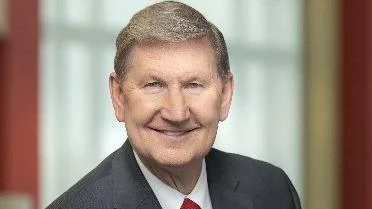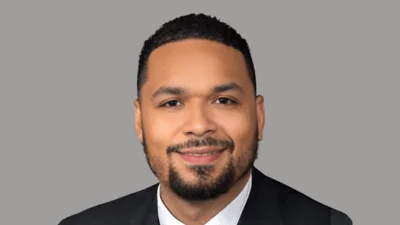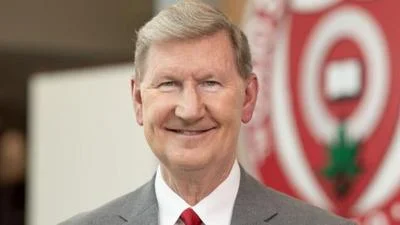Walter “Ted” Carter Jr. President at Ohio State University | Twitter Website
Walter “Ted” Carter Jr. President at Ohio State University | Twitter Website
The Ohio State University recently hosted an event aimed at enhancing children's literacy by bringing together faculty, staff, students, and elementary school educators from central Ohio. The Higher Ground Literacy Symposium served as a platform for sharing best practices in fostering a love for reading among children.
Professor Stephanie Power-Carter, who organized the event, emphasized the symposium's role in building community and disseminating new research on children's literacy. "We have courses that you can take over the summer. We have master’s programs. We have non-degree classes," she stated. "Sometimes you just need connection. We just want to let you know that we’re here to support you."
Interactive workshops were led by faculty from Ohio State’s College of Education and Human Ecology (EHE), covering topics such as identifying academic strengths, the science of reading, digital tools for learner engagement, and overcoming learning barriers.
Brian Edmiston, a professor within EHE’s Teaching and Learning Administration unit, conducted a session on using children's books to spark imagination in students. Kelly Rivers from Columbus City Schools praised the session for its innovative approach to making reading interactive and introducing complex ideas through simple books.
A panel discussion included teachers and local authors discussing literature integration in classrooms. Breanya Hogue from Purdue University shared insights from her teaching experience, offering strategies for collaboration among educators, families, and communities to meet children's needs.
Hogue also discussed her perspective on student behavior issues as opportunities rather than deficits: "What if we completely shift how we view marginalized children and families by shifting from deficit framing and forcing ourselves to recognize their many assets?"
Tiesha Butler of Groveport Madison Schools highlighted the importance of family involvement in education as reinforced by the symposium. She noted gaining resources to better utilize family contributions to literacy instruction.
The symposium was free for participants due to funding from the Gladys Foster Anderson Early Literacy Fund.





 Alerts Sign-up
Alerts Sign-up